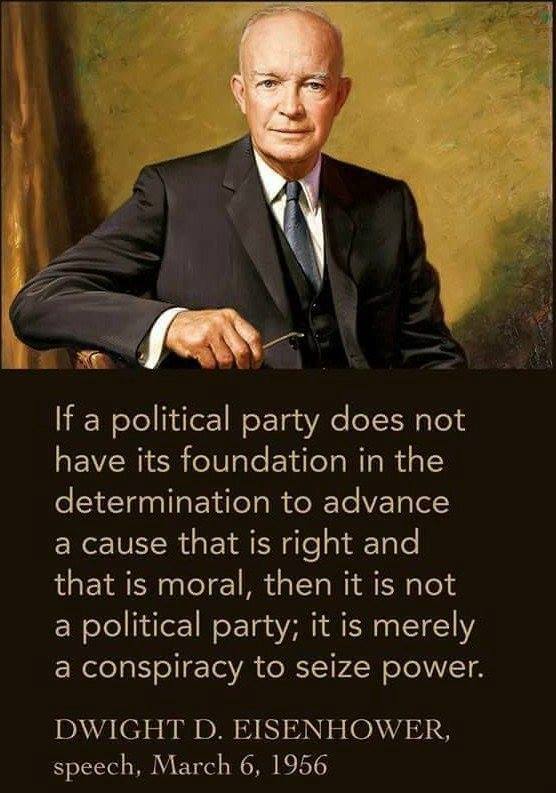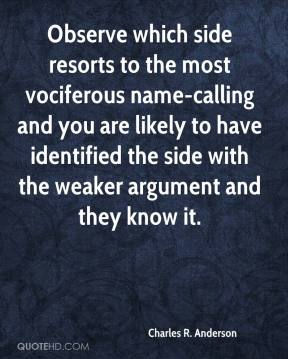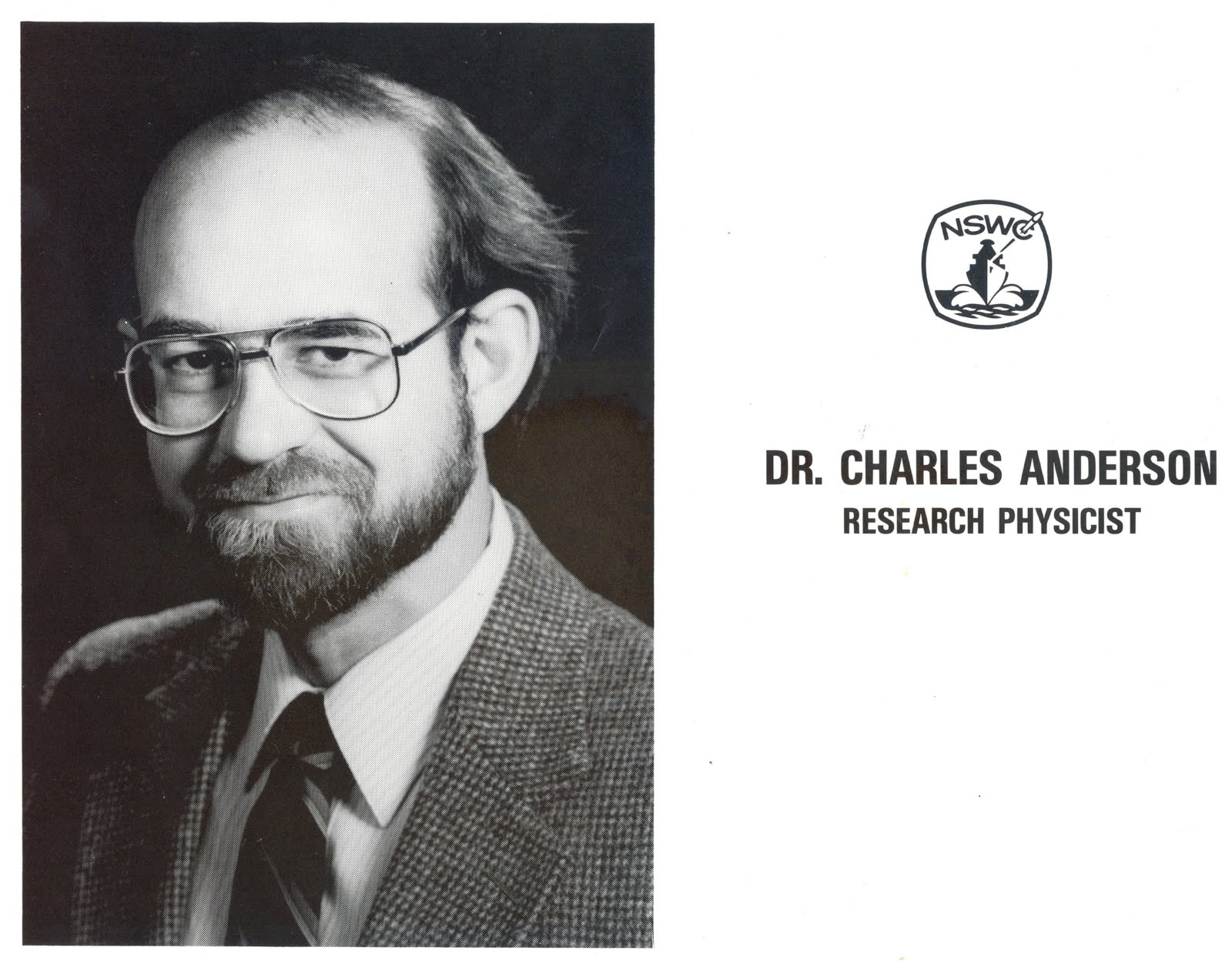16 January 2008
God is Man-Made
When people start talking about God, I sometimes ask them what they know about God. The answers I get most commonly are 1) "God is personal to me and I will not tell you who God is." and 2) God is good, powerful, the creator of the universe, all-knowing, and omnipresent. The first tells me nothing. The second leads to myriad questions, none of which the God-believer is prepared to answer. So, having a conversation about God with a believer is extremely difficult for one who is accustomed to the precision and the reality of science. God is not nearly as substantial as a fog. God is not as substantial as a field theory, since that can readily be known by observations of reality. No, God is a vanishing act. God is unknowable. Over and over, I am told that one simply has to choose to believe.
OK, so if I must simply choose to believe and then I have religion, why should I not choose to believe that the fate of the universe and the human race is determined by three gnomes living in a cave on the dark side of the moon. I could exercise my creative urges by thinking up a religion of my own creation. I could emulate Moses, Paul of Tarsus, Mohammad, and Joseph Smith Jr., except I could readily invent a much better religion, one which held human life in much higher regard than do the religions of the past. However, my arbitrary belief in the three gnomes would already undermine what man needs most to live his life well. What he most needs is a respect for reality, for the power of his own mind to know reality, and for his ability to live his life better because he understands reality and the requirements of the well-lived life. Rather than consign his fate to the three gnomes, it is critical that he assume the responsibility for knowing reality and for managing his own life. If man truly wishes to achieve his happiness, then he must assume these personal responsibilities.
This man has no need for a vanishing God. He understands that if God comes into existence only to the extent that he arbitrary chooses to believe in God, then God is man-made. In effect, man is God. Man has the means to know reality and man's good is the Good. For something to be good, it must be good for that being who can act to gain or to keep that good. Something can be good for a man. It is not at all clear that anything is good for a God, given the usual vague ways in which God is defined or left as a very vacuous concept. But, if we believe that God is Good, then perhaps we should see what is good for man and call that God. Then, if we can determine what is good for a man, we could come to know what his God should be. But, it is really better if we simply cut off all of this God and religion tradition and start with a cleaner and clearer way of thinking about ethics and what is good for man. These issues are complex enough without all of this prehistoric and ancient baggage. Indeed, the contents of that baggage are a disorganized, contradictory, and irrational mess. Modern man should be better able to think out the issues of ethics and value better than a bunch of ignorant ancients or medieval flim-flam artists.
The god that most people believe in now is not really a universal God. No, he is a local God. There are the gods of the Hindus, the God of the Christians, the God of the Jews, the God of Islam, the God of the Mormons, etc. Most believers, who have chosen to believe in God, have somehow chosen that God who was believed in by their parents or who is believed in by most of the people in their local community. Is it not a wonder that God who is omni-present, all-knowing, all-powerful, and the creator of the universe, is of such a different character in Arabia, India, Israel, and North America? God is apparently not very universal! But, as a man-made idea, this makes sense. Those who choose to believe, choose to belong to the local club. Why choose to be an outcast in one's home town? So, there is very little tendency to stray from the local dogma. Of course, a few hundred years ago, any straying was likely to result in one's death as a heretic in Christian regions. Today, any straying in the Islamic regions is still cause for one's execution. The clubs have not always been voluntary.
This fact that the clubs are local and have often not been kind to dissenters, makes it very reasonable to wonder if they are filled with cultists. In fact, the arbitrary nature of the belief and the fact that the beliefs have little regard for reality, makes it clear that the world's many religions are of the nature of cults. I do not think I will choose to add to these cults by adding one which believes in the three gnomes living in a cave on the dark side of the moon. I am just not enough motivated by a desire to exercise power over those who might join my cult.
There is a reason little publicized that I have heard from a number of men for being a Christian in the United States. It turns out that many men do not in fact believe in God or in Christianity. They simply find it convenient to pretend to believe. One of the reasons they regard as the most compelling for this pretense is that they think that they will be cut off from most women if they do not pretend to believe. It is usually not that they would not be able to win election to be President of the United States, no, it is that few women would ever choose to love them. I have heard this over and over again from intelligent men. They are right. Very many women will not love a man who has not made the arbitrary leap of faith to believe in the Christian version of God in these United States. You can be the best man possible and they will refuse you their love.
How odd that the religions, which are so commonly more supportive of men than women in their traditional beliefs, enjoy as their strongest advocates the loyalty of the vast majority of women in their local regions of practice? Modern Christianity has been under the primary influence of women so long now, that it has evolved into a rather feminized belief system. For instance, the Christians are now reluctant to believe in the existence of bullies, who must be opposed with force. Peace is a primary value, for which all freedoms can be traded. The Christians more and more believe that one must provide care for everyone through the medium of government. This is the maternal instinct writ large on the national scale. So, we have the Nanny State, more and more supported by Christians and women. More and more, the churches wish to be non-confrontational, which is always popular with women, who as they have taken over the public education system, have also made that a primary concern in the dogmas of public education. There is the commitment to not hurting anyone's feelings, which has materialized as political correctness restrictions on free speech, and widely practiced in the Christian churches and the public education system. The belief that everyone means to be nice, that no conflict can be allowed to occur, that peace is achieved when one party refuses to fight, that everyone's feelings are to be respected, except one's own feelings, and everyone must be mothered as an adolescent is becoming the rule wherever women rule. More and more they rule the churches and public education, making it difficult for a masculine, reality-first man to find a home in either.
OK, so if I must simply choose to believe and then I have religion, why should I not choose to believe that the fate of the universe and the human race is determined by three gnomes living in a cave on the dark side of the moon. I could exercise my creative urges by thinking up a religion of my own creation. I could emulate Moses, Paul of Tarsus, Mohammad, and Joseph Smith Jr., except I could readily invent a much better religion, one which held human life in much higher regard than do the religions of the past. However, my arbitrary belief in the three gnomes would already undermine what man needs most to live his life well. What he most needs is a respect for reality, for the power of his own mind to know reality, and for his ability to live his life better because he understands reality and the requirements of the well-lived life. Rather than consign his fate to the three gnomes, it is critical that he assume the responsibility for knowing reality and for managing his own life. If man truly wishes to achieve his happiness, then he must assume these personal responsibilities.
This man has no need for a vanishing God. He understands that if God comes into existence only to the extent that he arbitrary chooses to believe in God, then God is man-made. In effect, man is God. Man has the means to know reality and man's good is the Good. For something to be good, it must be good for that being who can act to gain or to keep that good. Something can be good for a man. It is not at all clear that anything is good for a God, given the usual vague ways in which God is defined or left as a very vacuous concept. But, if we believe that God is Good, then perhaps we should see what is good for man and call that God. Then, if we can determine what is good for a man, we could come to know what his God should be. But, it is really better if we simply cut off all of this God and religion tradition and start with a cleaner and clearer way of thinking about ethics and what is good for man. These issues are complex enough without all of this prehistoric and ancient baggage. Indeed, the contents of that baggage are a disorganized, contradictory, and irrational mess. Modern man should be better able to think out the issues of ethics and value better than a bunch of ignorant ancients or medieval flim-flam artists.
The god that most people believe in now is not really a universal God. No, he is a local God. There are the gods of the Hindus, the God of the Christians, the God of the Jews, the God of Islam, the God of the Mormons, etc. Most believers, who have chosen to believe in God, have somehow chosen that God who was believed in by their parents or who is believed in by most of the people in their local community. Is it not a wonder that God who is omni-present, all-knowing, all-powerful, and the creator of the universe, is of such a different character in Arabia, India, Israel, and North America? God is apparently not very universal! But, as a man-made idea, this makes sense. Those who choose to believe, choose to belong to the local club. Why choose to be an outcast in one's home town? So, there is very little tendency to stray from the local dogma. Of course, a few hundred years ago, any straying was likely to result in one's death as a heretic in Christian regions. Today, any straying in the Islamic regions is still cause for one's execution. The clubs have not always been voluntary.
This fact that the clubs are local and have often not been kind to dissenters, makes it very reasonable to wonder if they are filled with cultists. In fact, the arbitrary nature of the belief and the fact that the beliefs have little regard for reality, makes it clear that the world's many religions are of the nature of cults. I do not think I will choose to add to these cults by adding one which believes in the three gnomes living in a cave on the dark side of the moon. I am just not enough motivated by a desire to exercise power over those who might join my cult.
There is a reason little publicized that I have heard from a number of men for being a Christian in the United States. It turns out that many men do not in fact believe in God or in Christianity. They simply find it convenient to pretend to believe. One of the reasons they regard as the most compelling for this pretense is that they think that they will be cut off from most women if they do not pretend to believe. It is usually not that they would not be able to win election to be President of the United States, no, it is that few women would ever choose to love them. I have heard this over and over again from intelligent men. They are right. Very many women will not love a man who has not made the arbitrary leap of faith to believe in the Christian version of God in these United States. You can be the best man possible and they will refuse you their love.
How odd that the religions, which are so commonly more supportive of men than women in their traditional beliefs, enjoy as their strongest advocates the loyalty of the vast majority of women in their local regions of practice? Modern Christianity has been under the primary influence of women so long now, that it has evolved into a rather feminized belief system. For instance, the Christians are now reluctant to believe in the existence of bullies, who must be opposed with force. Peace is a primary value, for which all freedoms can be traded. The Christians more and more believe that one must provide care for everyone through the medium of government. This is the maternal instinct writ large on the national scale. So, we have the Nanny State, more and more supported by Christians and women. More and more, the churches wish to be non-confrontational, which is always popular with women, who as they have taken over the public education system, have also made that a primary concern in the dogmas of public education. There is the commitment to not hurting anyone's feelings, which has materialized as political correctness restrictions on free speech, and widely practiced in the Christian churches and the public education system. The belief that everyone means to be nice, that no conflict can be allowed to occur, that peace is achieved when one party refuses to fight, that everyone's feelings are to be respected, except one's own feelings, and everyone must be mothered as an adolescent is becoming the rule wherever women rule. More and more they rule the churches and public education, making it difficult for a masculine, reality-first man to find a home in either.
Labels:
belief,
Christianity,
church,
club,
exclusion,
feminization,
God,
Hindu,
Islam,
male,
myth,
non-confrontation,
peace,
public education,
reality,
religion
Subscribe to:
Post Comments (Atom)































































No comments:
Post a Comment